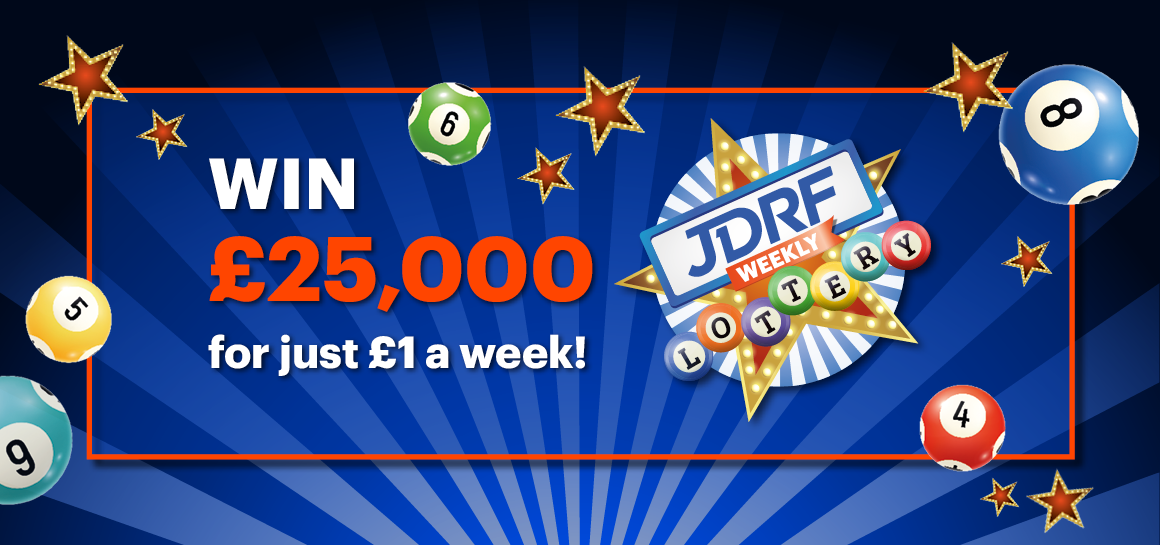
Lottery is a game in which tickets are sold for a chance to win prizes, which are usually cash or goods. It is a form of gambling that has existed since ancient times. It is commonly held for public or private purposes. In the past, it was used to determine land ownership and other property rights, but now it is mostly a source of entertainment and a way for people to have fun. Many governments prohibit it, while others endorse it and regulate it.
The lottery is a popular method of raising money for public works projects and other social programs. Its popularity is often linked to its perceived benefits for society, especially in times of economic stress. It is also promoted as a way for ordinary citizens to improve their chances of winning something that they could not otherwise afford. Some critics, however, argue that the prize structure is illogical and inefficient.
In addition to state lotteries, there are a number of privately organized lotteries. These include sports lotteries, in which fans purchase tickets for draft picks for their favorite teams, and charity lotteries. Whether or not they are beneficial, these lotteries do not have the same effect as government-sponsored lotteries.
Some state lotteries are marketed as a way to support specific public programs, such as education. This marketing strategy appears to be effective, as lottery proceeds often exceed the state’s appropriations for those programs. The fact that the money is earmarked, rather than coming from general revenues, allows the legislature to claim that it has increased funding for those programs without cutting other services.
However, a state cannot simply earmark lottery funds and ignore the rest of its budget. Lottery revenue increases dramatically in the initial stages, then level off and eventually decline. In order to maintain or increase revenues, states must introduce new games frequently. Lotteries that involve the use of a computer to select numbers are called instant games, and they tend to be more popular than traditional raffles. They are a convenient and easy way to participate in the lottery, but they do not offer the same odds of winning as traditional lotteries.
Another recent development in the lottery industry has been the introduction of pull-tab tickets. These are similar to scratch-off games but have lower jackpots and smaller payout amounts. They are also cheaper to buy and have more frequent chances of winning.
Although it is difficult to measure the impact of the lottery on society, there are a few observations that can be made. One is that the lottery has transformed a large number of people from average citizens who sleep paupers to millionaires, and have changed their lives accordingly. While this is a positive, it should not be an excuse for a self-indulgent lifestyle. This is not what an empathetic society should be about. Instead, we should try to provide opportunities for all to lead a better life. This is why it is important to help those in need and not forget about the poor and desolate members of our community.